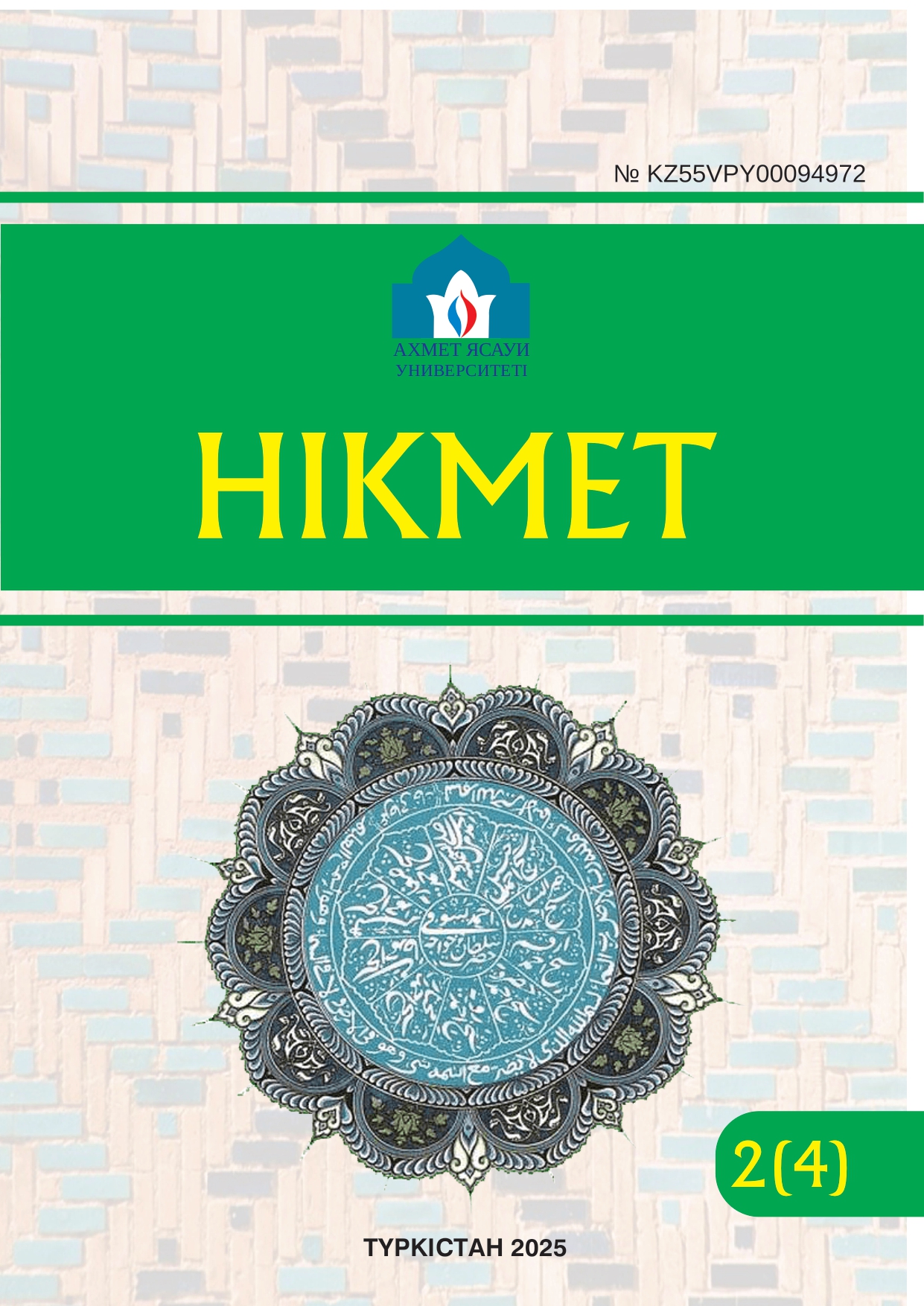Traditional Culinary Culture of the Kazakh People and its Integration with the Principles of Islamic Nutrition
179 88
Keywords:
Kazakh cuisine, Islamic nutrition, halal food, food culture, Islamic dieteticsAbstract
This article examines the interconnection between the traditional culinary culture of the Kazakh people and the principles of Islamic nutrition, as well as their mutual influence. Kazakh dietary traditions have developed over centuries, adapting to the nomadic lifestyle and natural-geographical conditions. The foundation of the national cuisine consists of meat, dairy products, grains, and natural beverages. The dietary customs of the Kazakh people emphasize the use of environmentally friendly products, traditional methods of long-term food preservation, and the formation of a diet based on seasonal characteristics. The spread of Islam has had a significant impact on the culinary culture of the Kazakh people, contributing to the formation of halal standards. In accordance with Muslim dietary requirements, traditional Kazakh dishes do not contain pork or alcoholic beverages. Furthermore, livestock slaughtering methods and food consumption practices comply with Sharia norms. Many types of Kazakh cuisine promote improved digestion, strengthen the immune system, and provide the body with essential vitamins and minerals. Additionally, the study explores methods of storing and processing meat products in accordance with Sharia norms, confirming their full compliance with Islamic standards of safety and quality. This study aims to scientifically substantiate the conformity of Kazakh dishes with Sharia requirements and their integration into international halal industry standards, facilitating their recognition at the global level.

